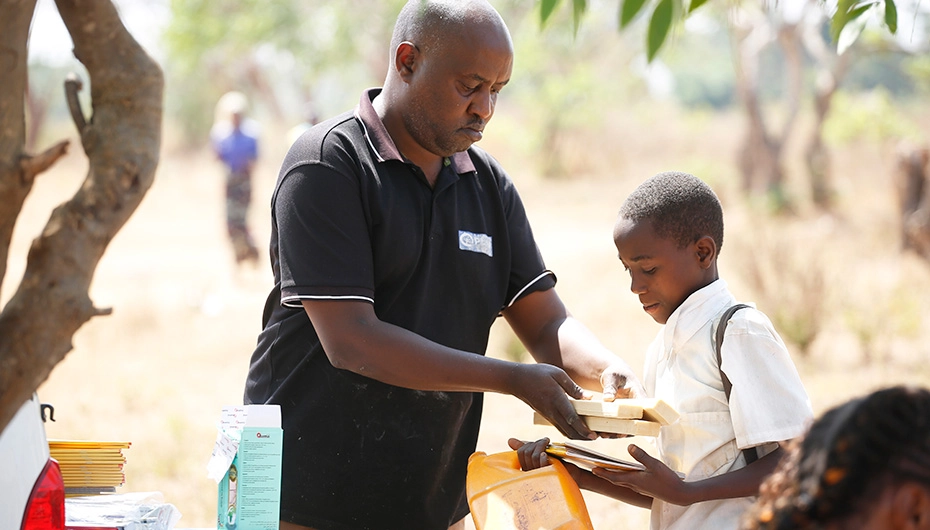Media Centre - Media release - 6 October 2020
Plan International Australia response to 2020 federal budget

In response to tonight’s federal budget, handed down by Treasurer Josh Frydenberg, Plan International Australia CEO Susanne Legena said:
“We welcome the dedicated $65 million to address gender based violence and women’s economic empowerment in the Pacific and South East Asia and additional $304m response package as the first phase of delivering on Australia’s regional responsibility to address the devastating impacts of the pandemic in the Pacific and South East Asia.
“However Australia has a way to go in fulfilling its commitment to helping our neighbours as set out in Partnerships for Recovery — Australia’s COVID-19 Development Response.
“Next year’s May budget will be a critical second phase, requiring additional investment in people and communities in the region who will drive economic recovery. “
“If Australia doesn’t invest in the economic recovery in our region we are at serious risk of setting back development gains by decades as education, health and nutrition programs are interrupted as a result of Covid-19.
“Development assistance remains one of the best bet investments alongside diplomatic efforts to influence and support equity, peace and economic development in the region.
“We know that adolescent girls in particular can be overlooked in international development and humanitarian assistance and we call on the government to ensure that the additional funding for gender equality includes initiatives that target girls aged 10 to 19.
“We are at risk of a generation of girls being lost to secondary education and we can ill afford this in the pacific where rates completion of secondary school remains some of the worst in the world.
“Young people, and particularly young women, have been hardest hit by job losses due to the pandemic, with many working in insecure and informal jobs in hard hit sectors like hospitality and tourism.
“We must not forget the important role that women and girls will play in future economic growth and prosperity in our region. We know that building back better means ensuring that girls in all their diversity return to school and we focus on innovative ways of ensuring that young people are given opportunities to enter the workforce.
“A staggering 1.6 billion children and young people have been affected by school closures globally since the pandemic. Sadly, this means many girls’ hopes of completing their education will not be realised, as they are forced to find work to financially support their families, take on the burden of domestic chores or care for sick family members or younger siblings.
“Girls are unlikely to return to school due to a surge in child marriage, with estimates that an additional 13 million more child marriages could take place in the next decade as result of COVID-19.
“We must not forget the important role that women and girls will play in future economic growth and prosperity in our region. We know that building back better means ensuring that all girls can return to school and young people are given economic opportunities to work and run small businesses.
For further comment contact James Norman 0451291775
Media contacts


